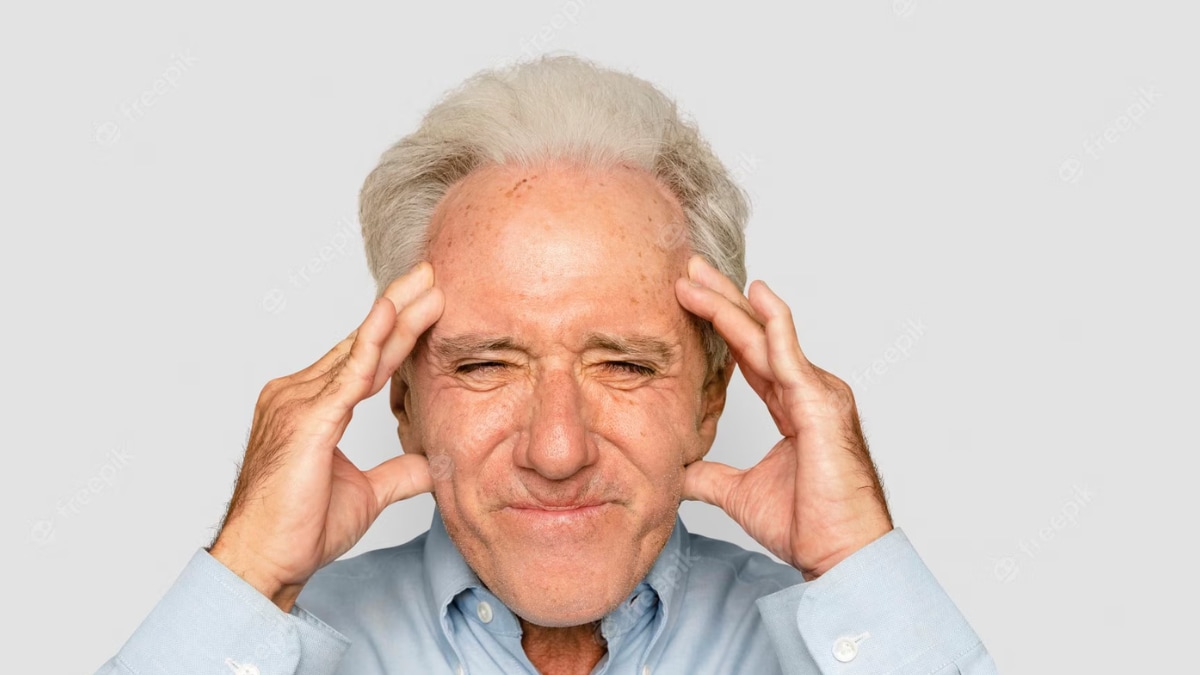Research Suggests Some Gut Conditions May Signal Risk Of Parkinson’s Disease – News18

Both analyses indicated that four gut conditions were associated with a higher risk of a Parkinson’s disease diagnosis, the researchers said. (Image: Shutterstock)
Parkinson’s is a brain disorder that causes unintended or uncontrollable movements, such as shaking, stiffness, and difficulty with balance and coordination.
Certain gastrointestinal problems, such as difficulty swallowing, constipation and irritable bowel syndrome (IBS), may be associated with the risk of developing Parkinson’s disease, according to a study.
Previously, some gut problems have been linked to the development of diseases such as stroke a brain aneurysm, or Alzheimer’s disease, the researchers said.
The latest study, published in the journal Gut, used data from a US nationwide medical record network (TriNetX) of 24,624 people who had been diagnosed with Parkinson’s disease of unknown cause.
They were compared with people who had been diagnosed with other neurological conditions—Alzheimer’s disease (19,046) or cerebrovascular disease (23,942)—-or with none of these (24,624).
People with Parkinson’s were matched with those in the other groups for age, sex, race and ethnicity, and length of diagnosis to compare the frequency of gut conditions included in their electronic health record for an average of 6 years before their Parkinson’s disease diagnosis.
The team, including researchers from KU Leuven University Hospitals, Belgium and Johns Hopkins University Bloomberg School of Public Health, US, divided all the adults in the network who had been diagnosed with any of 18 gut conditions into separate groups—one for each condition of interest.
People in these groups were matched with those without the particular gut condition and monitored via their medical records for 5 years to see how many of them developed Parkinson’s disease or other neurological disorders.
Both analyses indicated that four gut conditions were associated with a higher risk of a Parkinson’s disease diagnosis, the researchers said.
Gastroparesis (delayed stomach emptying), dysphagia (difficulty swallowing), and constipation were associated with over double the risk of Parkinson’s disease in the 5 years preceding the diagnosis, while IBS without diarrhoea was associated with a 17 per cent higher risk, they said.
However, appendix removal seemed to be protective, prompting questions about its potential role in the disease processes leading to Parkinson’s disease, the researchers said.
Neither inflammatory bowel disease nor vagotomy (removal of all or part of the vagus nerve to treat peptic ulcer) were associated with a heightened risk, they said.
Some other gut issues, including functional dyspepsia (burning sensation or fullness of the stomach with no obvious cause), IBS with diarrhoea, and diarrhoea plus faecal incontinence, were also more prevalent among people who developed Parkinson’s disease.
However, these conditions were also more prevalent before the onset of Alzheimer’s disease or cerebrovascular disease, according to the researchers.
The team noted that this is an observational study, and as such, can’t establish cause. They also highlight several limitations to their findings, including that the monitoring period was relatively short and that the diagnostic information captured in electronic health records might have been incomplete.
(This story has not been edited by News18 staff and is published from a syndicated news agency feed – PTI)
For all the latest lifestyle News Click Here


